The Choices We Make: On Sophie Mackintosh’s Blue Ticket
Sophie Mackintosh’s Blue Ticket. Photography by Rachel Tay.
TW: involuntary sterilization, fertility issues, violence.
“Mothers always fail”
“Mothers always fail,” asserts Jacqueline Rose at the start of Mothers, a book-length essay in which the psychoanalytic critic takes for her subject the ubiquitous yet highly fraught politics of contemporary motherhood. In her work, she enumerates both the sentimentality and the horrors that mothers have at once inspired and inflicted themselves. Outlining the multifarious complications of the experience itself — from the risks of childbirth to the many difficult decisions that mothers will doubtlessly have to make throughout the course of their children’s lives — she questions why it is that mother figures are always made to bear the burden of the world, to consistently be “the object of either too much attention or not enough.” Rose’s feminist thesis, then, is that “motherhood is the place in our culture where we lodge, or rather bury, the reality of our own conflicts, of what it means to be fully human.” In other words, in order to circumvent our own failings, we imbue our fears and messes in our impossible idealisations of mothers.
Sophie Mackintosh’s Blue Ticket appears to proceed from this same premise to offer us a dark and terrific account of motherhood. In the eerily ordered schema of her dystopia, the dilemmas of being a mother have ostensibly been hacked — that is, defined — by an indeterminate lottery system: one no longer has to fret over breast milk or formula, work or family, or whether one’s most fundamental reproductive choices would adversely contribute to our planet’s overpopulation.* After all, within the innominate society of Mackintosh’s imagination, only girls deemed fit to be perfect mothers — those fortunate or unfortunate enough to draw a white ticket — are permitted such a rare opportunity. Others like Calla, the novel’s narrator and protagonist, are swiftly segregated and sterilised upon being dispensed the alternative, eponymous “blue ticket.” “Spared” the onerous task of motherhood, these girls are sent into the world with the freedom of a man. The result is a life of near-infinite possibilities as a woman committed to no man or family. As Calla’s doctor tells her of the “terrible benevolence” she has been afforded, “You could do anything, almost anything.” “To be alone and unbeholden to all,” the blue-ticket woman, one might think, could be a second-wave feminist’s dream.
Perhaps such a vision of ease and abandon could suit one very well indeed — as it does for me, I must admit, right now. Nonetheless, from the moment that Calla reaches into herself to dislodge the copper wire implanted within, one knows that hers is an existence not to be envied. For this isn’t as much a story about the romance or terrors of motherhood as it is, in fact, a narrative of choice, what the slow and excruciating episode evinces is merely an all too familiar scene — one of a woman grappling, worn, hurt, and bloodied, for her own bodily autonomy. No freer is Calla revealed to be than her peers condemned to domesticity. Thus, for a woman with an intemperate hunger for an experience wrenched forcibly from her, the extricated contraceptive becomes no more than a coat hanger.
Here, the quiet violence of the scene eludes no one: the “wishbone” contraption loosed from Calla paints a crimson trail on bathroom tiles; the “electric shock” of metal grazing exposed flesh is more than sufficient to send one’s “stomach churning.” Accentuating the pain that Calla inflicts on herself, it is as if the novel implies that the choices women make for themselves — most of all, the decision to be a mother — are almost never pretty. But why should the certainty of beauty, goodness, and joy be levied upon women anyway, when nothing in life is ever certain; why are mother figures always expected to guarantee the futures invested within their children? Current discourse has undeniably formed motherhood in the image of an intrinsically moral ideal, so to raise the topic now, it seems, is to tread a heavily contested terrain. Yet, as Lucy Ellmann, Sheila Heti, Rachel Cusk, and a plethora of other contemporary writers have all written — variously and deliberately, and each from her own experience — nothing about being a mother is inherently virtuous. Rather, there is only the occasional delight that accompanies a child, and such is an amoral pleasure that must suffice as its own raison d’être.
So, too, does Mackintosh’s novel suggest. Its narrator does eventually end up with child and is compelled to seek an abortion, but she persists in railing against her predetermined fate. Going on the road to evade capture, her perilous journey is punctuated by incessant doubts about her own instincts. Teetering perpetually on the brink of resigning to the authorities governing her body — that bureaucratic judgement that she is “not motherly” — she is spurred on, instead, by a “new, dark feeling” to safeguard herself and her growing foetus. The rapid progression of the novel is therefore sustained not by a question of morality or what Rose calls motherhood’s “pernicious weight of the Ideal”; it vibrates only with the breathtaking pulse of a woman in pursuit of her deepest desires.
“We need a [story] for mothers,” concludes Rose in the coda of her book, “one in which the acute pleasure of being a mother, without any need for denial of everything else talked about here, would be neither a guilty secret, nor something enviously co-opted by bullies.” Seeing as the narrative of motherhood has historically been bound up in anxieties about women’s choices, to speak of restoring “pleasure” to mothers is, conversely, also to rethink the foundational constitution of “being woman.” With both a stunning speculative sensibility and an astute eye to the protean pressures that continue to inveigh upon women today, Blue Ticket finally presents us with such a story that dares us to indulge in the faulty and the flawed. It is one that frees us, I think, in its ultimate ambivalence.
* A myth, should one be so concerned.
† This post is not sponsored, however as an affiliate we may receive a small percentage from any purchase made through The Attic On Eighth's Bookshop page at no additional cost to you. Bookshop.org allows you to shop with your local independent bookshops at this time when traveling outdoors is discouraged. Thank you for your support!
A fervent turtleneck-wearer and an unrepentant hot coffee-addict, Rachel Tay is the ideal self-parodying Literature student, and the complete anti-thesis to tropical life in Singapore, where she was born and raised. She is a frequent contributor and resident illustrator at The Attic on Eighth.




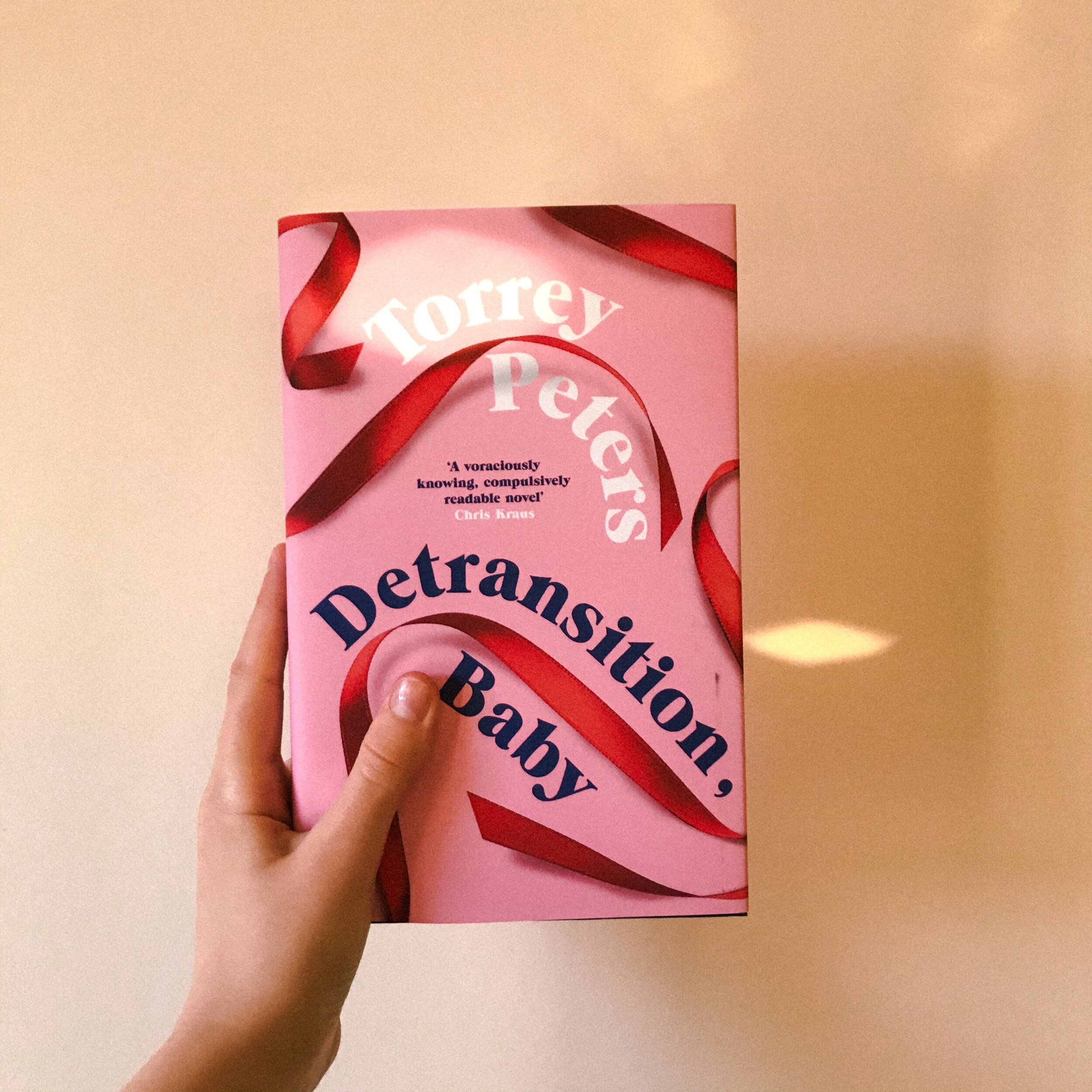
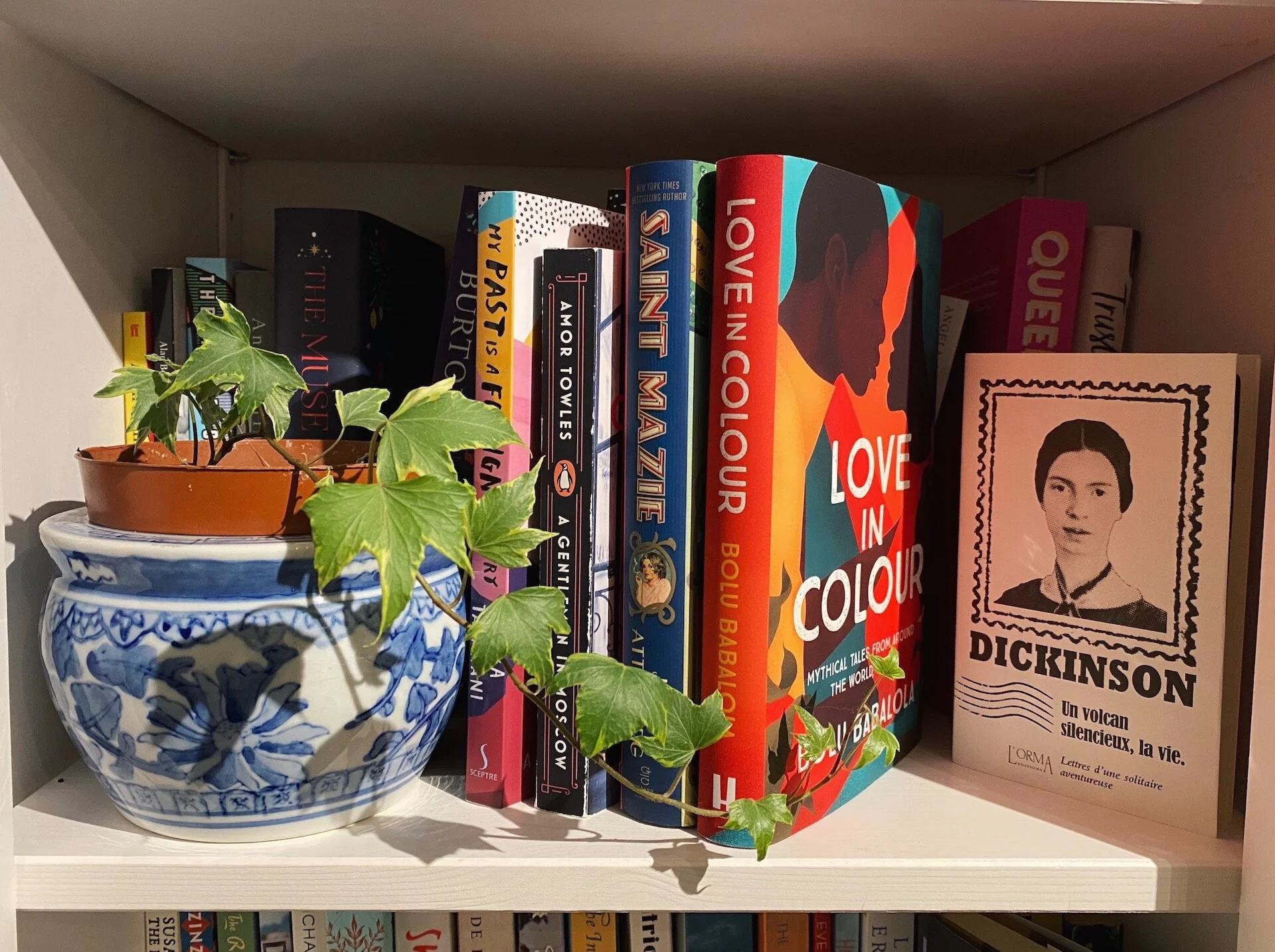
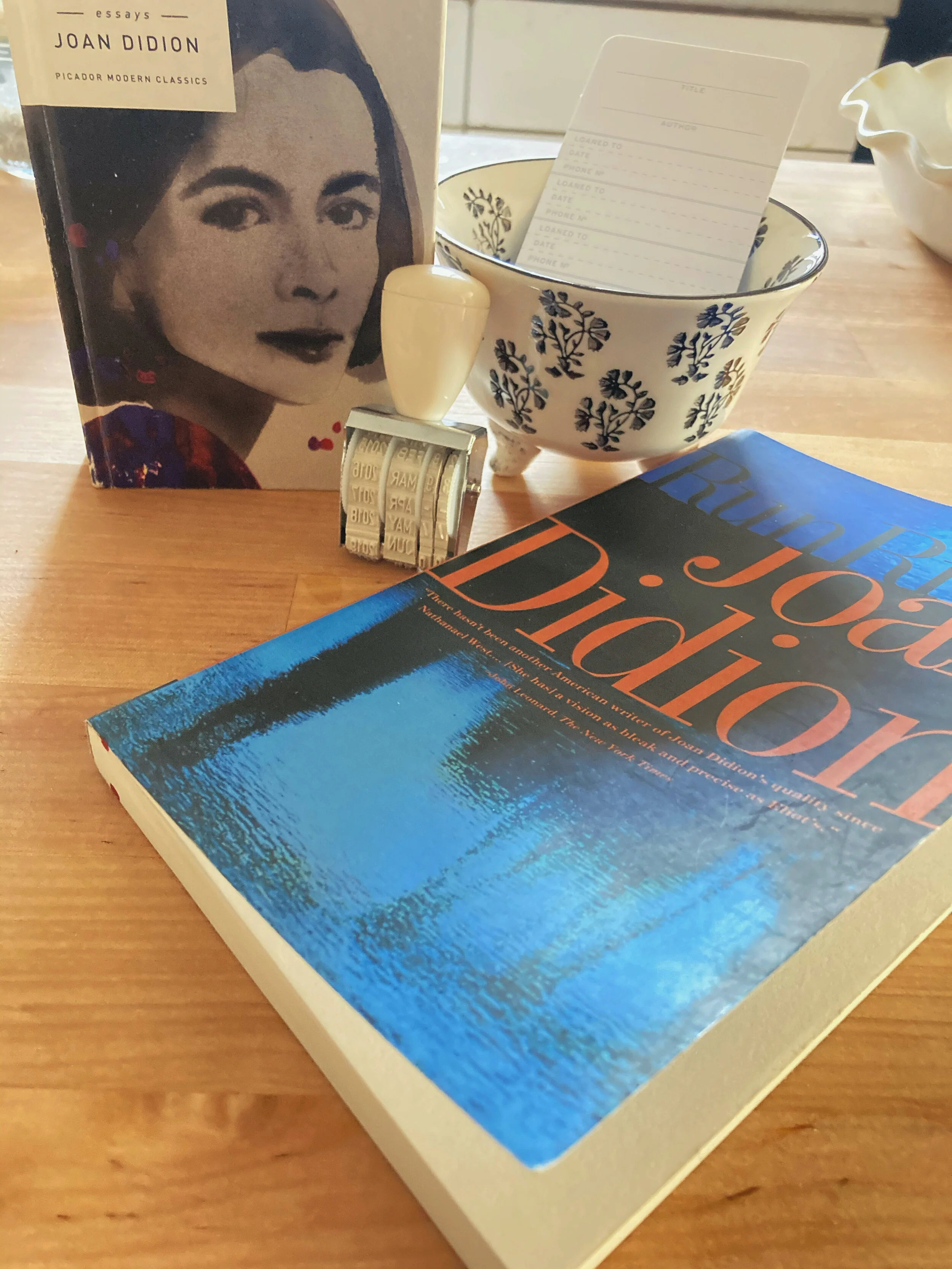
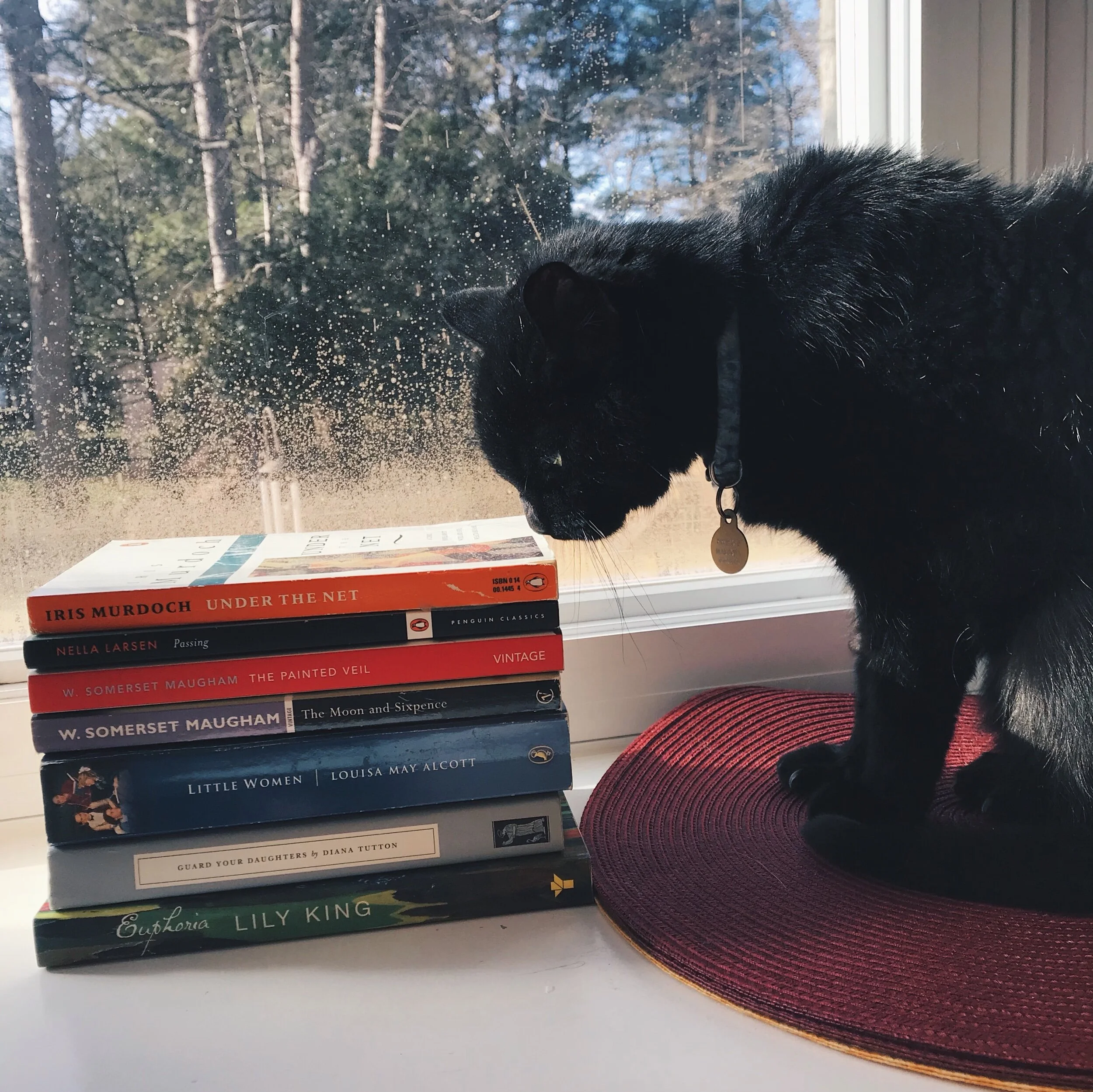


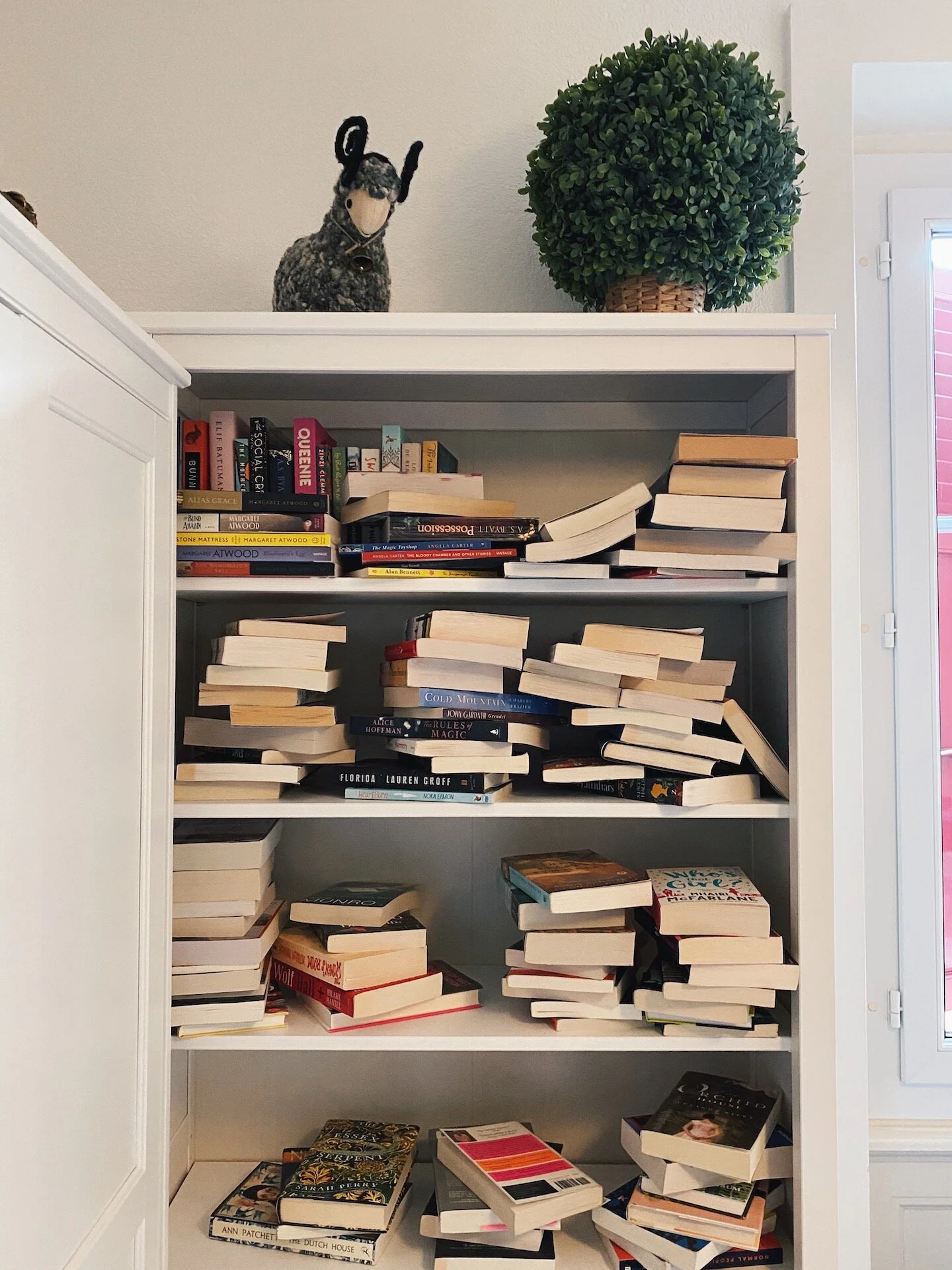
Reading Naoise Dolan’s Exciting Times and Katie Kitamura’s Intimacies, Rachel Tay explores the unease of moving away from one’s own country and language.